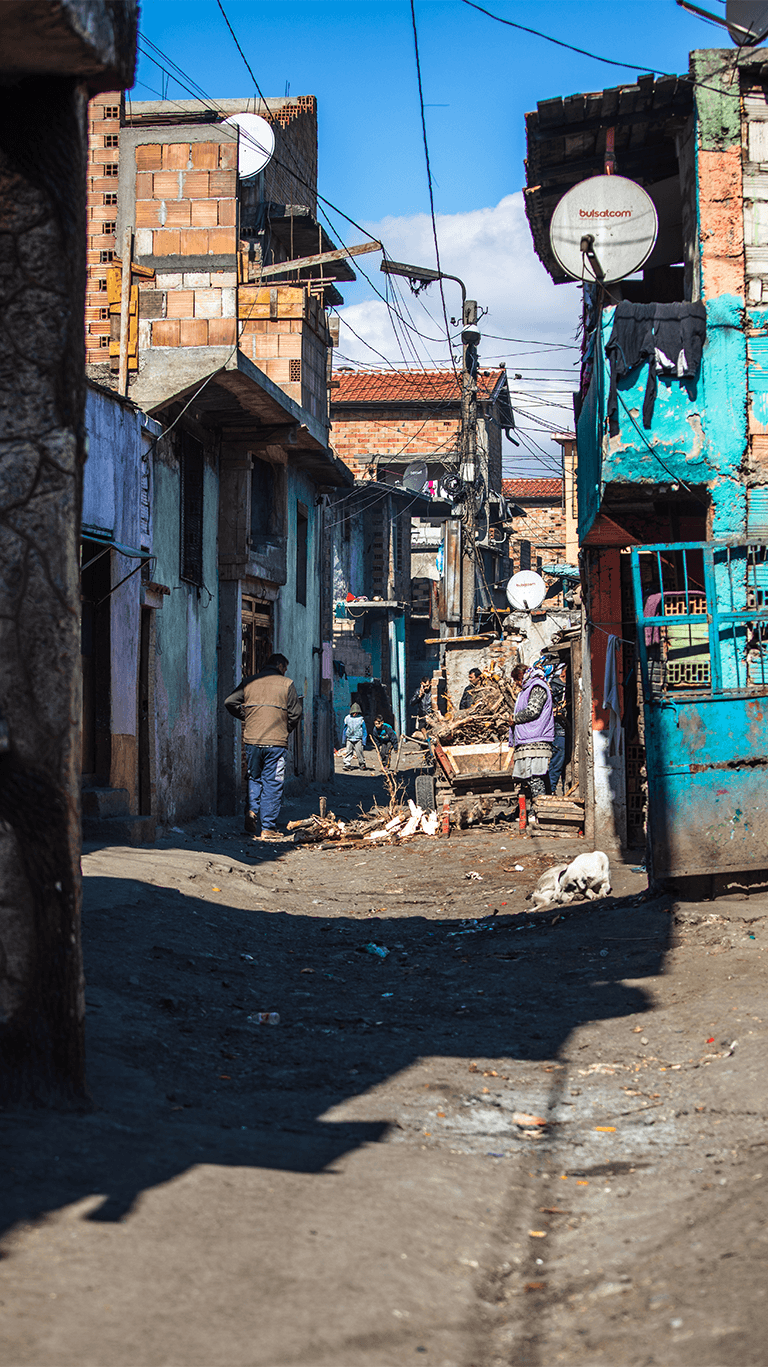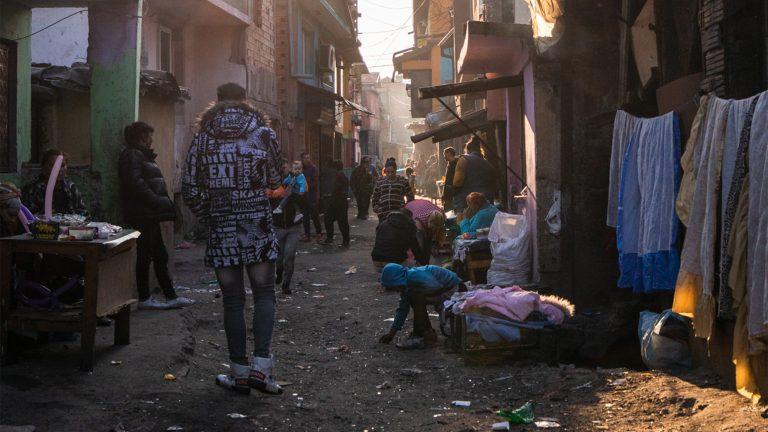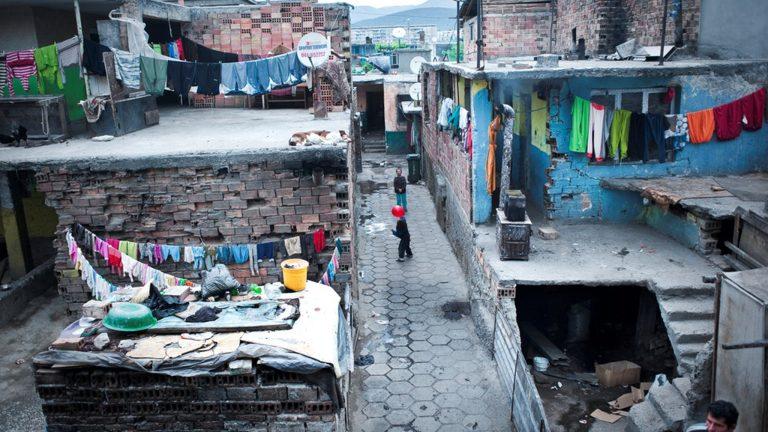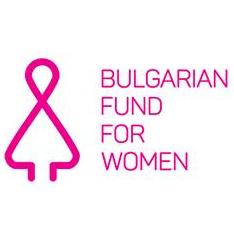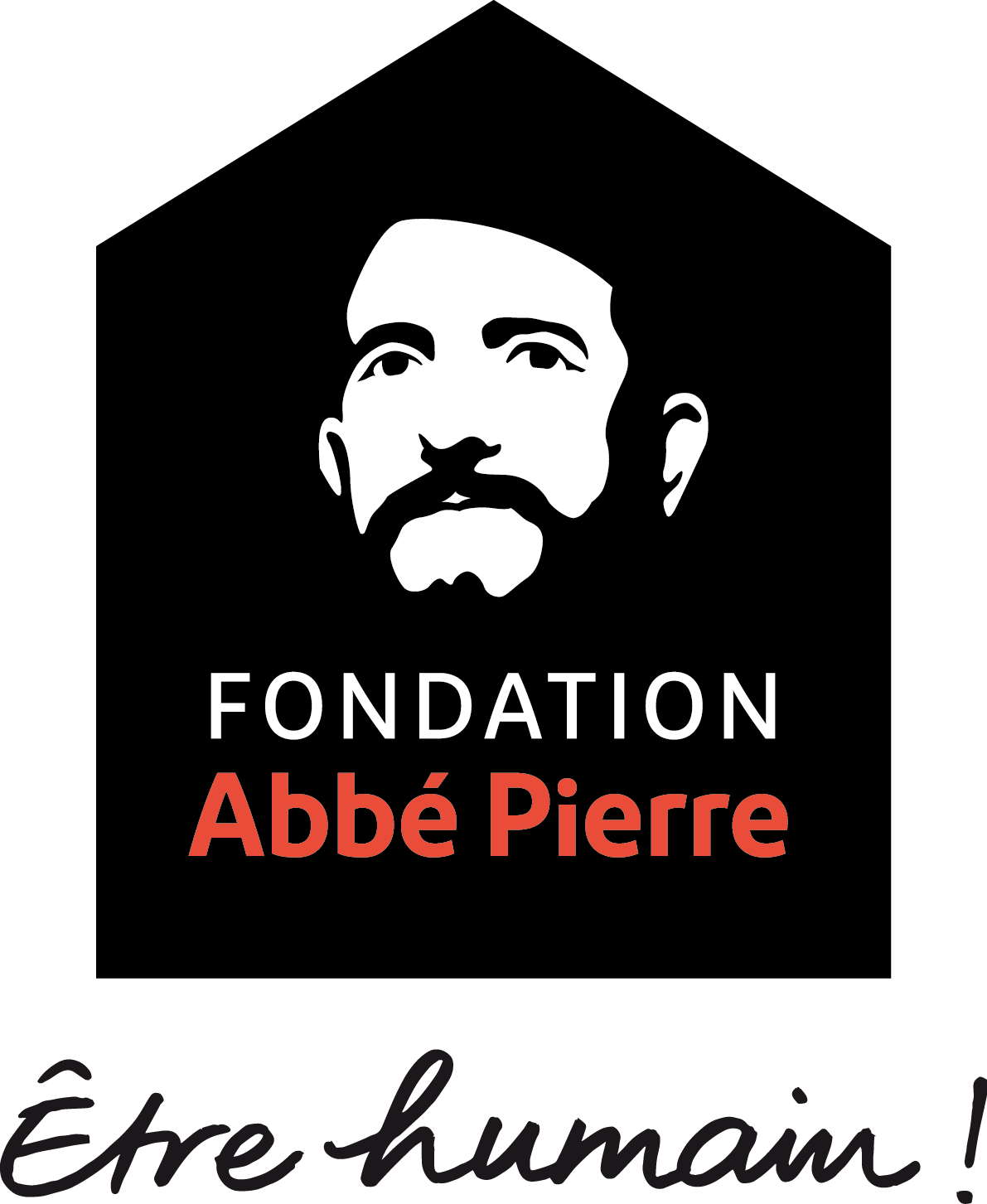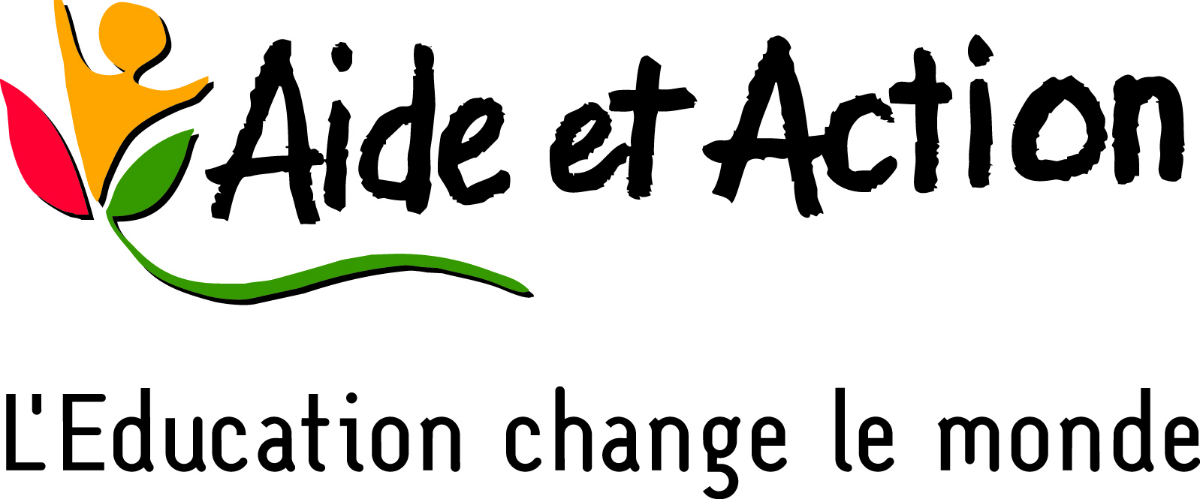The supply of services is very restricted and the inhabitants, especially the children – who number in the thousands – do not have a safe space to gather and play. For instance, the former library was turned into a casino, thereby increasing the feeling of insecurity and dispossession the inhabitants expressed. The divide between the neighbourhood and the rest of the city is yet another form of discrimination the inhabitants of Romani background already face.
Isolation and discrimination have a direct impact on the mental and physical health as well as the overall well-being of the inhabitants of Nadezhda. Moreover, unsanitary housing, lack of regular water supply, lack of waste management and pollution, especially of the air and soil, promotes parasites and rodents and the development of vector-borne diseases, weakening the population’s health. Additionally, ambulances refuse to go to certain parts of the district due to the lack of roads and space to travel but also because of the lack of dialogue with the inhabitants. Thus, the numerous vulnerabilities tied to precariousness and segregation further reinforce the lack of access to employment or education, making integration difficult and encouraging violent or risky behaviour, further damaging people’s health.











